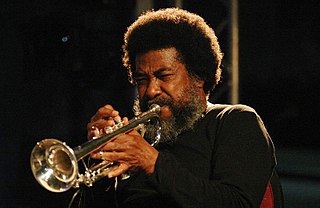A Quote by Noam Chomsky
In Latin America, specialists and polling organisations have, for some time, observed that the extension of formal democracy was accompanied by an increasing disillusionment about democracy and a lack of faith in democratic institutions.
Related Quotes
I think some people have blind faith in American institutions without knowing a whole lot about them and think they will stand up to Donald Trump and are indestructible. I actually think democracy is not a definable and achievable state. Any country is either becoming more democratic or less democratic. I think the United States hasn't tended to its journey toward democracy in a long time. It's been becoming less democratic, and right now it's in danger of becoming drastically less democratic.
Remember, until the 1970s, the spread of democracy has always been accompanied by the decline of inequality. The more democratic our societies have been, the more equal they have been becoming. Now we have the reverse tendency. The spread of democracy now is very much accompanied by the increase in inequality.
Education in democracy must be carried on within the Party so that members can understand the meaning of democratic life, the meaning of the relationship between democracy and centralism, and the way in which democratic centralism should be put into practice. Only in this way can we really extend democracy within the Party and at the same time avoid ultra-democracy and the laissez-faire that destroys discipline.
Because they don't teach the truth about the world, schools have to rely on beating students over the head with propaganda about democracy. If schools were, in reality, democratic, there would be no need to bombard students with platitudes about democracy. They would simply act and behave democratically, and we know this does not happen. The more there is a need to talk about the ideals of democracy, the less democratic the system usually is.
The moral case is, people say, "Oh they're not ready for democracy," but that's something someone who lives in a democracy would say about someone who doesn't live in a democracy. Well, if democracy is the highest form of human potential, then it can't be true for us and not for them. But, the practical case is democracies don't invade their neighbors. Democracies don't traffic in child soldiers. Democracies don't harbor terrorists as a state policy. So there's a reason to have more democratic states.
In America, we do not have a democracy. It's not what we have. We have a representative republic and therefore the rules and regulations that have been written to maintain it are not truly democratic - not purely democratic - in origin. They are about protecting and defending the establishment of this republic.




































